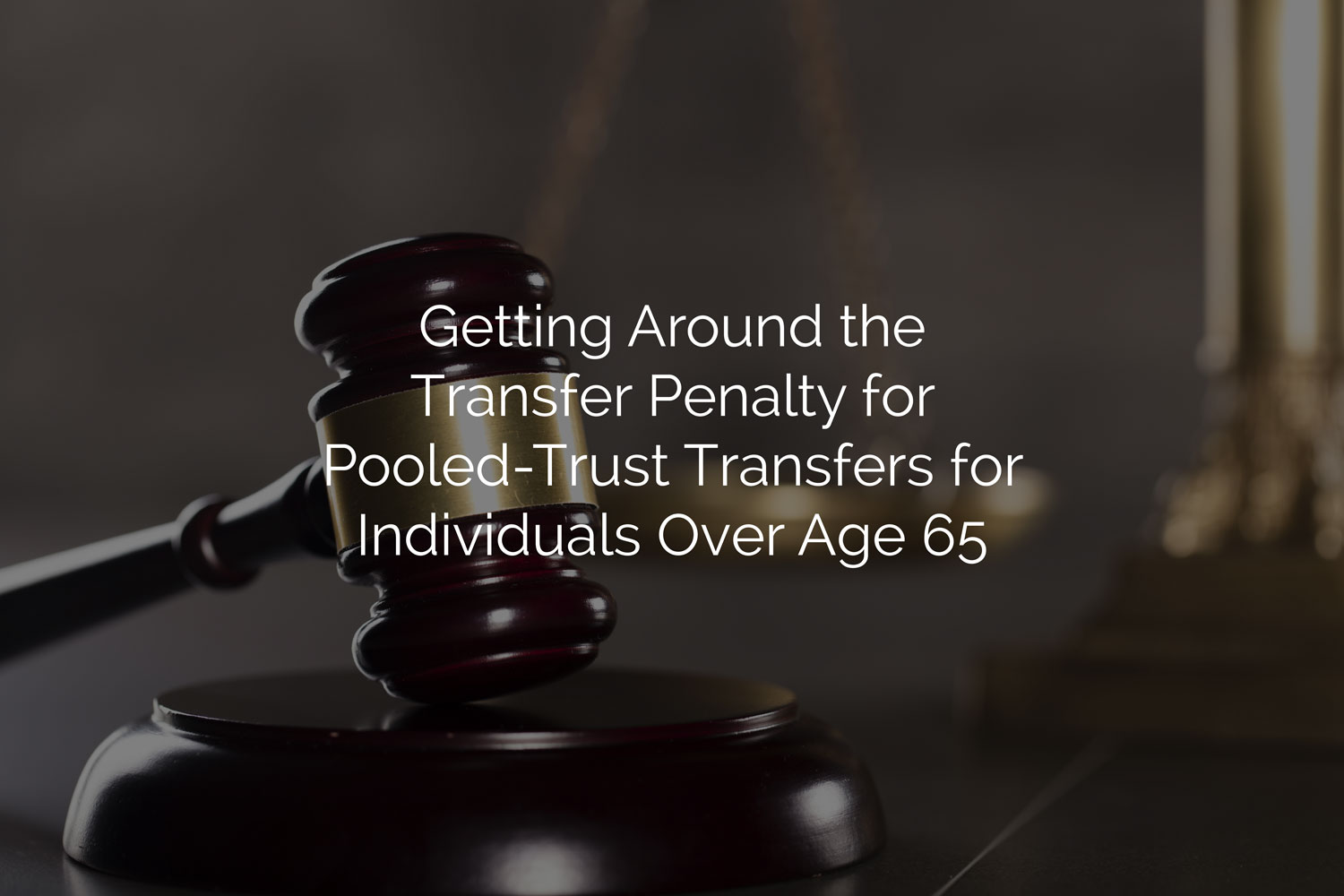
Author: Stan Miller, JD
Based on my experience counseling estate planning clients, I believe they want us to engage with them on a level that transcends the trust and financial solutions we typically offer as attorneys and advisors. Our clients want us to engage with them on a legacy level. The conclusion expressed in the title of Daniel Scott’s article “Estate Planning is Dead” seems to be an overstatement. But Scott effectively showed that the work we do merely as planners does not address the deeper needs of our clients. According to Scott,
[t]he reason traditional estate planning is dead is that it has nothing to do with happiness or helping you live a fulfilled life. Estate planning simply addresses what happens when you die. It only plans for the two inevitable certainties of life: death and taxes. What about planning for all of the uncertainties in life, the choices you make and ultimately control? What about planning to build the life you will ultimately leave behind when you die?
His conclusions are supported by data. Tom Rogerson, a family governance consultant in Boston, points to the following results of a recent study:
- 91 percent of all wealth transfers fail before getting past the third generation—validating the “shirtsleeves to shirt-sleeves in three generations” expression we have all heard many times.
- 61 percent of wealthy families say that “legacy develop-ment” is a top financial need.
- 86 percent of families say it is important to leave “life lessons and values” as an important part of an inheritance.
And finally, this:
- 90 percent of respondents said “our plan does not deal with our goals, wants, and objectives.” If Rogerson is right—and I believe he is—we, as planning professionals, have been tone deaf to our clients’ deeper needs.
This is not a Good time for planners to be tone deaf
In the next twenty-five years, there will be a massive transfer of wealth—some say as much as $70 trillion dollars—from the hands of the people who earned it into those of people who did not. This is historic. A transfer of wealth on this scale has never happened in the history of mankind. Wealth transfer was once the domain of the wealthy few, but the democratization of wealth in the United States has made wealth transfer very much an issue for the middle class as well. We do not know what the consequences of this kind of wealth transfer will be. We would like to think that it will provide financial security for the younger generations of our clients’ families, make educational opportunities and travel more accessible, and facilitate secure marriages free of the financial stress that is so often the cause of divorce.
But we know that there is a dark side to wealth that can cause real damage when heirs do not have the skills or maturity to successfully receive it. It can enable drug and alcohol addiction and destroy their work ethic. The term “affluenza” is finding its way into common usage. A 2012 Ohio State University study found that inheritances are often completely dissipated in less than two years. This is not what our clients want. They did not work and save with the intent to harm the heirs to whom they will leave their inheritance. There are larger societal consequences as well. What will be the long-term impact on the country when a significant portion of the nation’s wealth is dissipated foolishly? It cannot be good.
If we are going to address this problem, now is a great time to start. The people who need to be out front providing the thought leadership on this issue are the estate planning attorneys and financial advisors who work with the families that have created this wealth.
Why is this such a difficult challenge for us?
Why do estate planning attorneys and financial advisors so consistently fail to connect with clients on a legacy level? I believe there are two reasons.
First, clients do not know how to ask us to connect with them on that level—and it may never have occurred to them that they could make such a request. The need to connect with their legal and financial advisors on a legacy level is not something that is well-defined or promoted. They have likely never heard or read about a specific solution that would prompt them to request it from us.
Read the rest of the article in our next issue of the Quarterly, which will be published early next month! You can subscribe for free by clicking on the button below.




